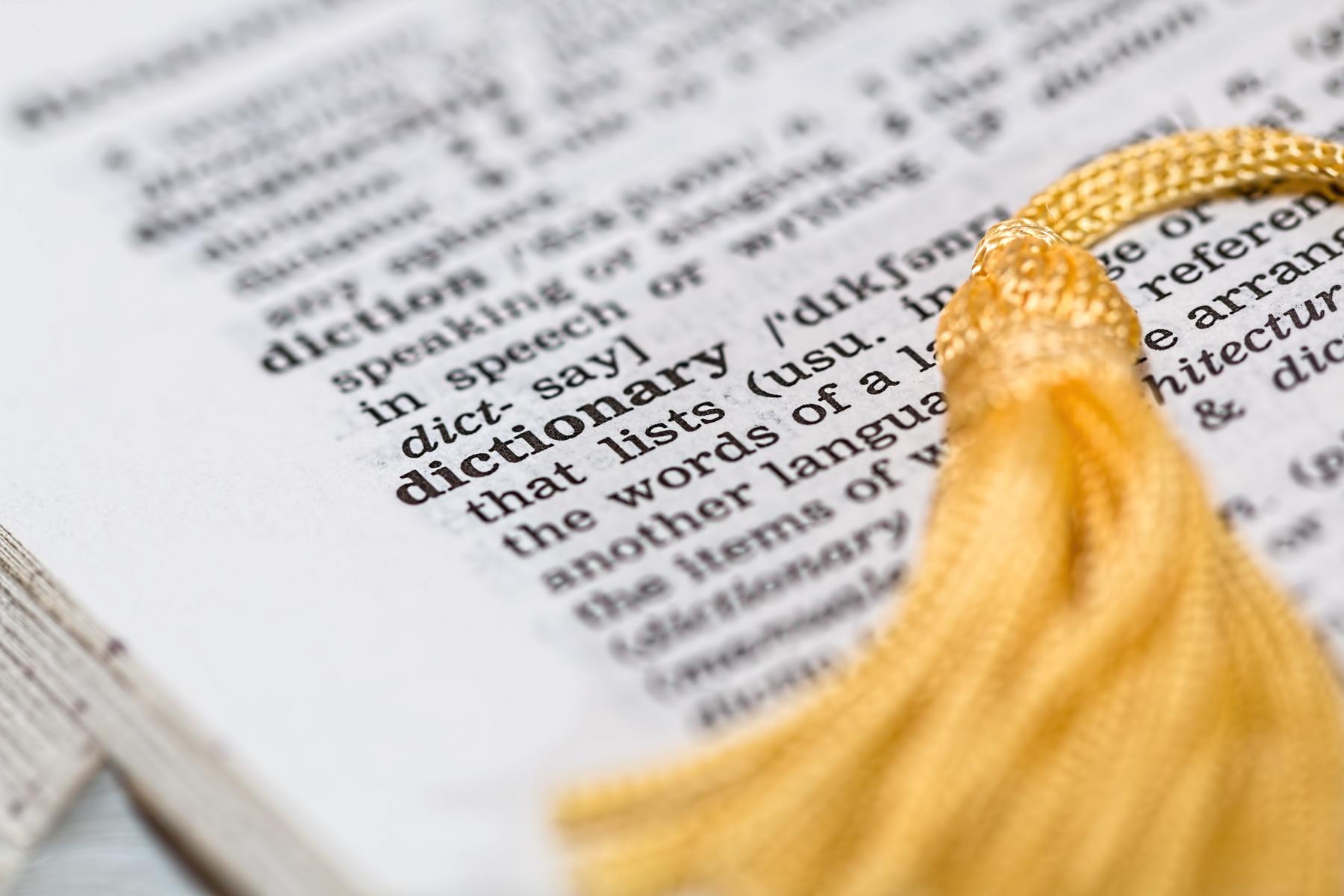
10 untranslatable words
10 untranslatable words
Contrary to popular belief, mastering one or several languages is not enough to be a good translator. You have to be able to recreate the tone of the text, convey what the author meant, try to lose as few elements as possible from the original text while writing a text in a good language level. But, even if you can do all this, some words, in certain languages, can cause us serious headaches. Why? Because, in situations where you only need one word in the source language, you will need a sentence, or even a paragraph, in order to do justice to the meaning of that word.
Because it is not just a word. It’s a perspective on our world, seen by the native speakers of that language. So, for your greatest pleasure, I have come up with a list of ten words that are extremely difficult to translate in a foreign language.
1) 積ん読 (Tsundoku)
Tsundoku is a japanese word that literature-lovers will appreciate. This word refers to the the act of buying books, that will then be stack up and never read. I am a great Tsundoku expert: I have at my place a book collection, that I have bought because I was excited to read them, without thinking that I wouldn’t have time to read them. They are quietly waiting for me in my library, collateral victims of the Tsundoku.
2) Mamihlapinatapei
Originally from Burma, this word can even be translated thanks to a short story: you are walking down the street, and you bump into your crush. Your eyes meet, you hope that they will make the first move, and the person in front of you is waiting for you to take the lead. Neither of you wants to gather all of your courage and take the plunge. Damned mamihlapinatapai.
3) يقبرني (Ya’aburnee)
Probably the cutest word in all Creation! Ya’aburnee comes from the Arabic language, and can be literally translated by “you bury me” (yes, well, okay, perhaps not that cute) and refers to the love that you have for someone. Love that consumes us with such strength that we would not be able to survive without that person. So we hope that they will live longer than us so that we don’t have to experience the pain of living without them. A great romantic (Winnie the Pooh) once said: If you live to be 100, I hope I live to be 100 minus 1 day, so I never have to live without you. No I am not crying, it is just some dust in my eye, or maybe a branch or something…
4) Tartle
Have you ever been in this situation where, you are quietly minding your own business, and, all of a sudden, you see someone familiar. But what is their name again? Oh, here they come. They say hello, including your first name, so you want to do the same, and you sputter. “Oh, hey, hum… Huuuum M-Marie!” You hesitated while trying to remember their first name. Scottish people have a word for that. To tartle.
5) Mångata
This Swedish word refers to the endless path created by the reflection of the moonlight on the water. This word also exist in Turkish, for example, and is yakamoz.
6) Esprit de l’escalier
The esprit de l’escalier, literally translated by “spirit of the stairs”, aka the story of my life, is a French phrase which describes the fact that, after an argument or a debate, we think about all the things we could have said while playing the event again in our head. At the time, no punchline comes to you, but afterwards, you are having a battle of words with yourself that no one will ever hear. Thanks Diderot for that phrase.
7) Hiraeth
Just thinking about this word makes me a bit melancholic. Hiraeth comes from Wales, and refers to the nostalgia that one feels when thinking about a place where you will never be able to go back to. This word is tied to the History of Wales, because it is used to talk about the homesickness, the sadness and the nostalgia that one feels, and the desire that one has to go back to that country, even though it now belongs to the past.
8) Nedovtipa
If you have a tendency of speaking using only innuendos, then you have probably already faced Nedovtipa. You know, those people who, no matter how pushy you are, will have a lot of difficulty understanding your innuendo. Czech people offer you this word to refer to them: Nedovtipa.
9) Verschlimmbessern
Story of my life, Volume II. Originally from Germany, Verschlimmbessern translates the fact that one is making things worse by trying to make them better. Kind of like that one time when I was getting a wall ready to be painted, and, while trying to get it rid of a stain, I dug a hole in the wall with sandpaper. I was really trying here. And, you can say whatever you want, but the stain was gone.
10) Voorpret
Voorpret is a Dutch word which refers to the excitement you feel right before an event. When you are planning your trip for example, or when you inhale the aroma of a good meal right before eating it, or when you are getting ready to meet your language partner with whom you have talked on Leeve for several days!
Do you know other words which are impossible to simply translate in another language? I would be curious to know them!
Powered by Froala Editor